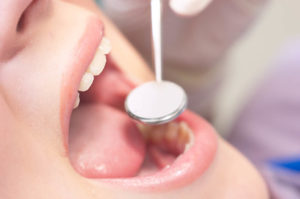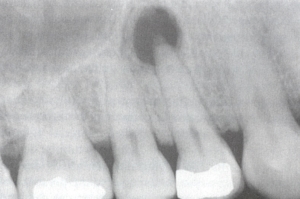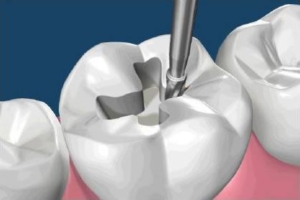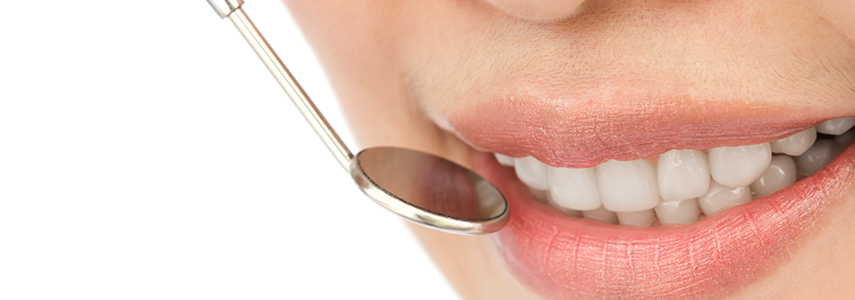In the past natural teeth were treated with much more lightness than today. Preserving natural teeth has become an absolute priority for dentistry over time.
A rule that also applies to those who deal with implantology because, unfortunately, even in this field it is possible to find implantologists with easy extraction, favoring the insertion of dental implants.
Why are natural teeth so important?
 It is not unusual for some patients to receive diagnoses from dentists involving the extraction of three, four or even ten natural teeth. The extraction of a large number of teeth could be widely justified by the clinical situation.
It is not unusual for some patients to receive diagnoses from dentists involving the extraction of three, four or even ten natural teeth. The extraction of a large number of teeth could be widely justified by the clinical situation.
However, the dental scientific community has recently paid a great deal of attention to these cases because it is not always an ethical behavior on the part of the dentist.
Thetooth extraction in fact it is not always the only possible solution.
Extracting the teeth to insert dental implants can certainly not be a diagnosis following a summary evaluation, any type of dental intervention cannot in fact disregard an accurate analysis of the single clinical case and a detailed planning of the type of intervention.
Conservative dentistry
The first dental examination, also in anticipation of an implant surgery, is of fundamental importance. The dentist, during the first appointment, evaluates the entire medical history of the patient and how the state of health of the teeth is presented at that time.
In addition to evaluating the toothless part of the mouth, the implantologist will carefully analyze all the oral cavity and therefore also the health of the remaining natural teeth.
When the condition of natural teeth is compromised, ie the following conditions are present:
- caries
- fractures
- periodontitis
the solution is not always to extract the natural teeth that present a pathology and then insert the dental implants. Thanks to conservative dentistry, in fact, the dentist could opt for the treatment of teeth affected by the disease.
Treating natural teeth
 are Preserving teeth therefore means fully restoring their functionality:
are Preserving teeth therefore means fully restoring their functionality:
- cure tooth decay before it leads to more complex treatments;
- devitalizzare un dente nel caso di carie complesse, senza che ciò necessiti l’estrazione;
- to encapsulate a fragile tooth, such as a devitalized and reconstructed tooth, to avoid the risk of fracture;
- rebuild with inlays, veneers or with composite materials eroded or abraded teeth.
- Monitor the periodontopathic teeth to prevent the pyorrhea from causing its definitive fall.
Only in cases where the previous treatments are not sufficient to guarantee the function of the tooth, it is right and proper to think about the insertion of the implants.
As far as implantology is the best solution for the replacement of compromised teeth, because it is able to return a smile completely similar to the natural one, preserving natural teeth must still be a priority, therefore beware of diagnoses that involve multiple extractions without an accurate visit.
















